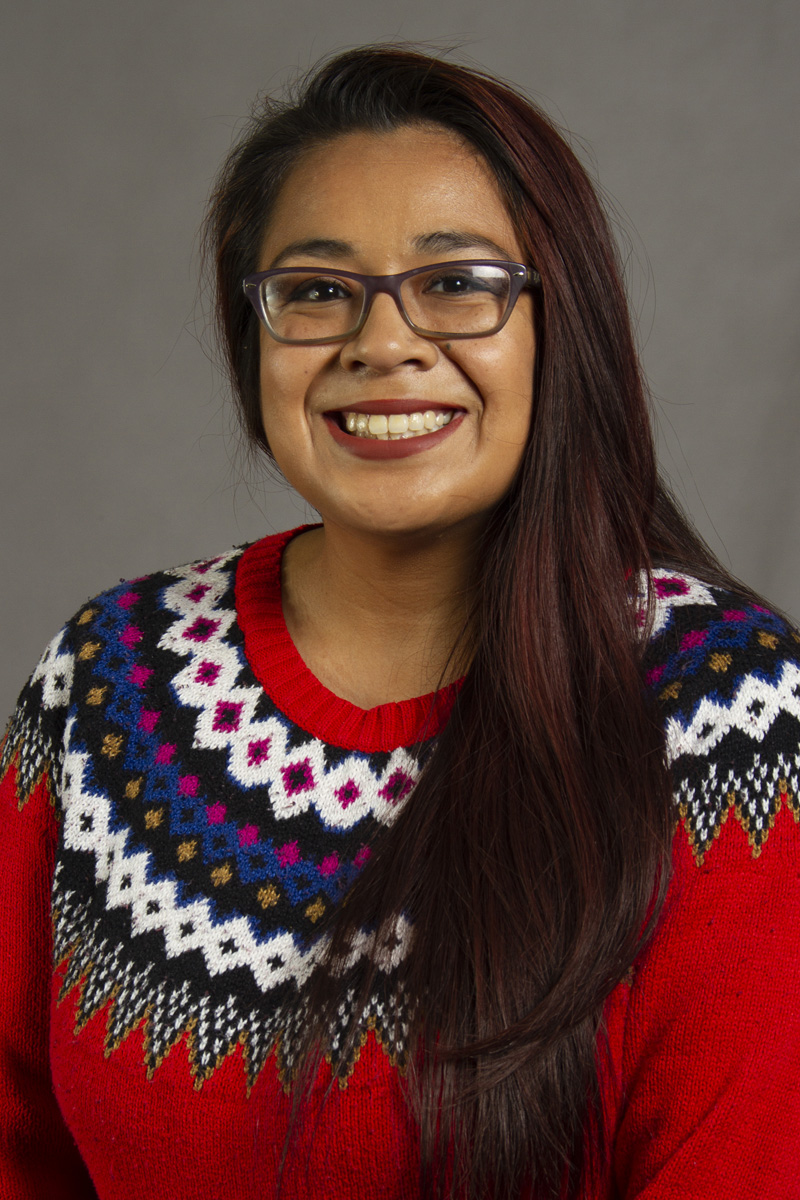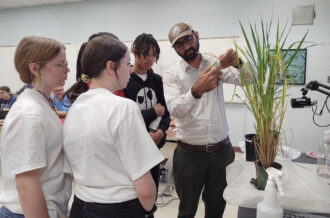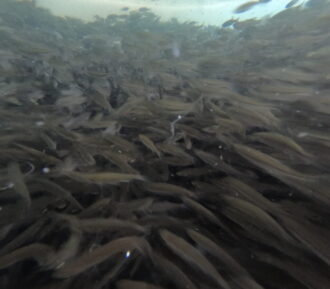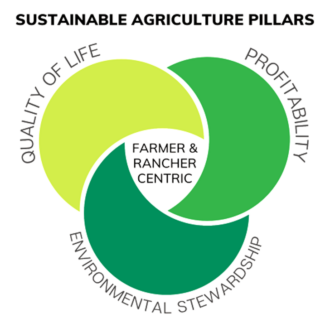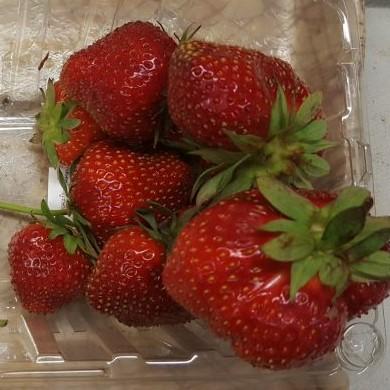
Training Resources Available for Sustainable Plasticulture Strawberries
A University of Arkansas Discovery Farm site has been established for sustainable strawberry production to help meet demand by ag professionals and growers across the state craving more resources on best management practices.
The Arkansas Discovery Farms program highlights on-farm research sites designed to provide field demonstrations of sustainable agriculture practices. Arnold Family Farm in Alma, AR, is serving as a model for strawberry research topics such as biodegradable mulches, plug plant soil inoculants, alternative fertilizer sources, and nutrient management for newer varieties.
The Arkansas Discovery Farm is part of a suite of training and educational materials researchers with the University of Arkansas Cooperative Extension have developed to provide basic, up-to-date resources on sustainable production practices of high tunnel and small-scale, in-field plasticulture strawberries.
Through a $71,481 Professional Development Program Grant, university researchers Amanda McWhirt, Aaron Cato, and Alejandro Rojas, and NRCS specialist Troyce Barnett led in-field demonstration and virtual field tours throughout the strawberry cropping cycle at the university research farm and grower collaborator farms, covering such topics as cover crops, crop rotation, plasticulture bed laying, weed control, plug plant production, beneficial soil inoculants, biodegradable mulches, efficient water use, and integrated pest management.
Resources are available on the following University of Arkansas website
Sustainable Practices for Strawberry Production Training Program
Nearly 50 ag professionals across the state participated in the trainings.
From the outcomes of the field tours, a series of videos are now available to county extension agents, NRCS agents across the Southeast, and other relevant stakeholders highlighting key sustainable management practices in strawberry production. A fact sheet was also produced.
Increased understanding of sustainable strawberry practices by ag professionals results in greater transfer to growers who will implement practices that promote the health of their farms, families, and communities.
State Contacts
SARE State Coordinators are vital for expanding sustainable agriculture training for Extension, NRCS, and other agricultural professionals, who will then help producers transition to a more sustainable agriculture.

Amanda McWhirt
SARE IN ARKANSAS
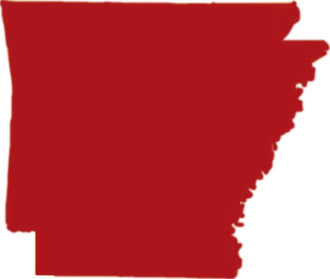
The Arkansas SARE program is facilitated through a joint collaboration between the University of Arkansas and University of Arkansas at Pine Bluff. Arkansas SARE partners with researchers, extension faculty, producers, and community organizers to research and implement the best science-based practices available in all aspect's of Arkansas' agricultural system.
Recent News From Arkansas
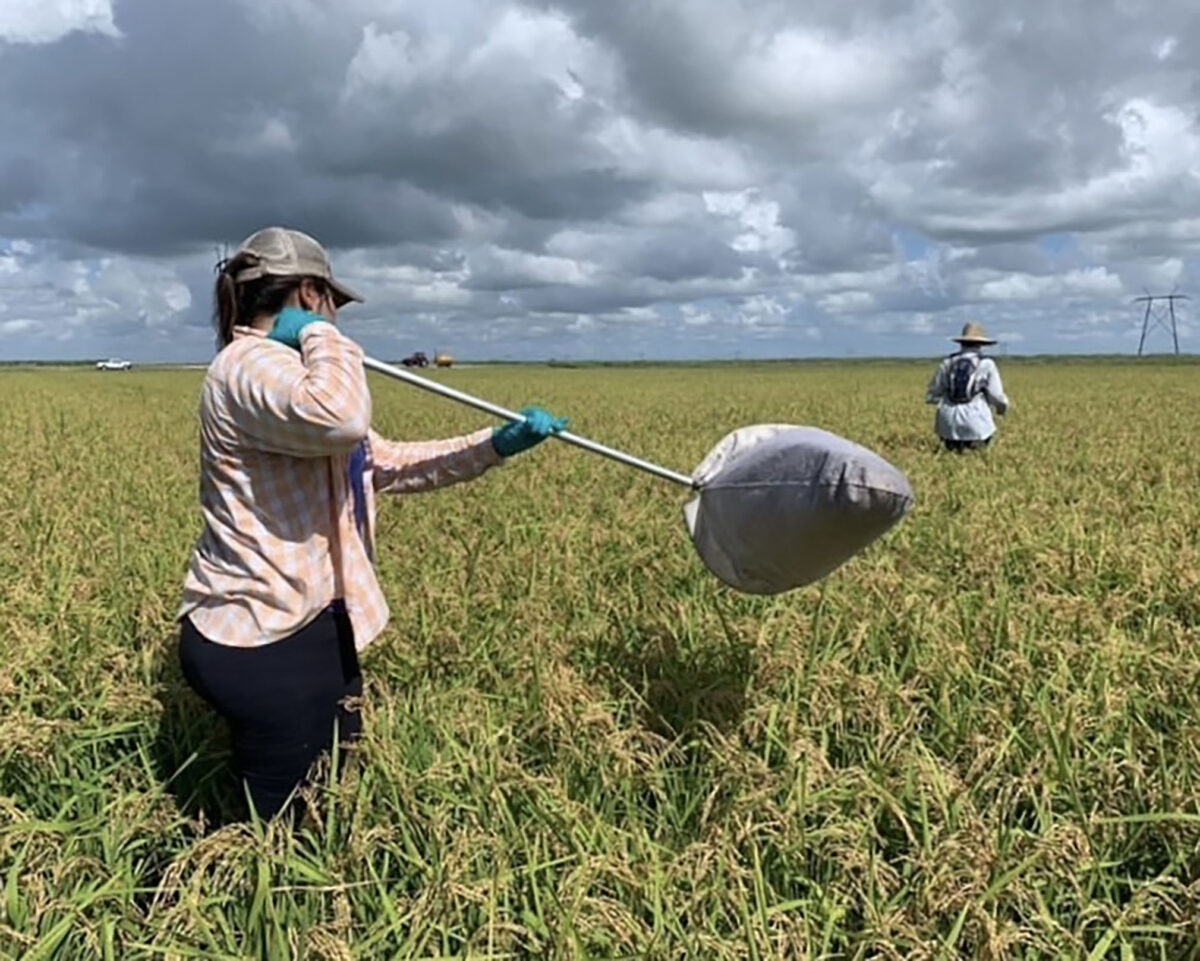
Graduate Student Sustainable Agriculture Projects for FY2025 Announced
GRIFFIN, Georgia – The Southern Sustainable Agriculture Research & Education (SSARE) program has announced the funded projects for the 2025 Graduate Student Grants program. The SSARE Administrative Council recently funded 18 projects totaling $386,238. The Graduate Student Grants program is one of the few sustainable agriculture research funding opportunities open to Master’s and PhD students […]

